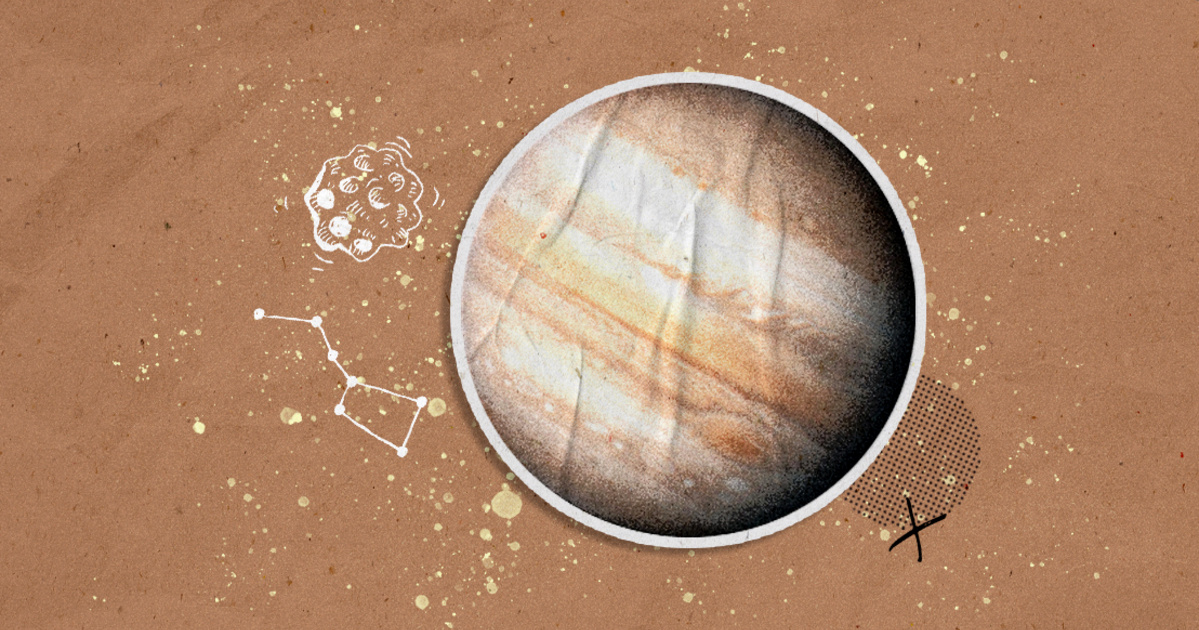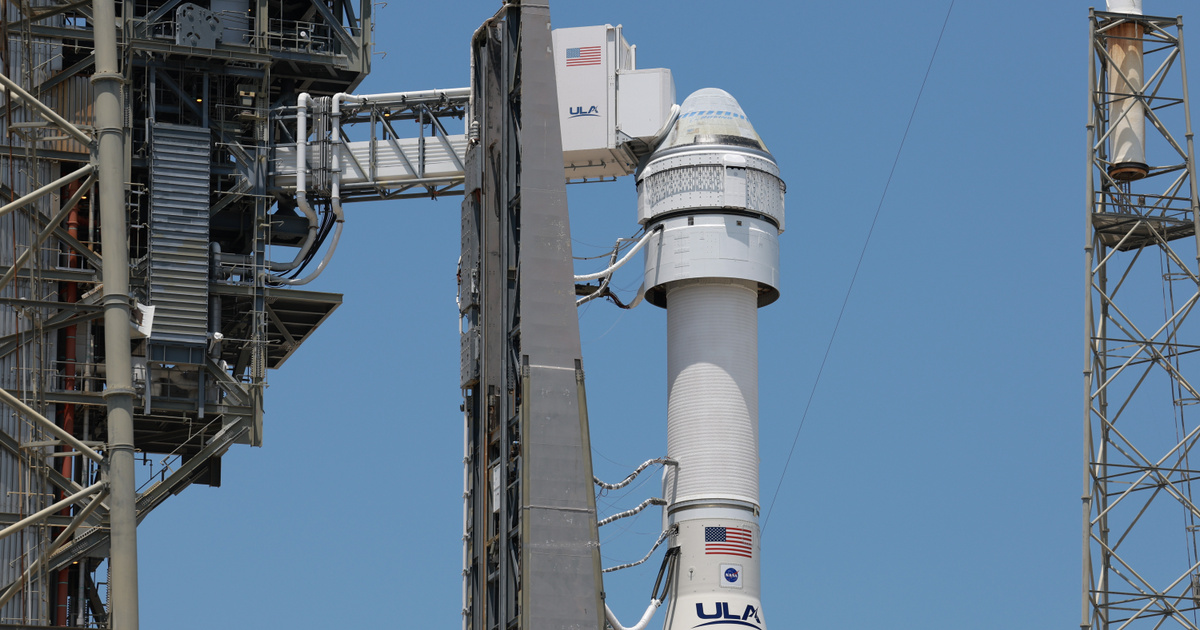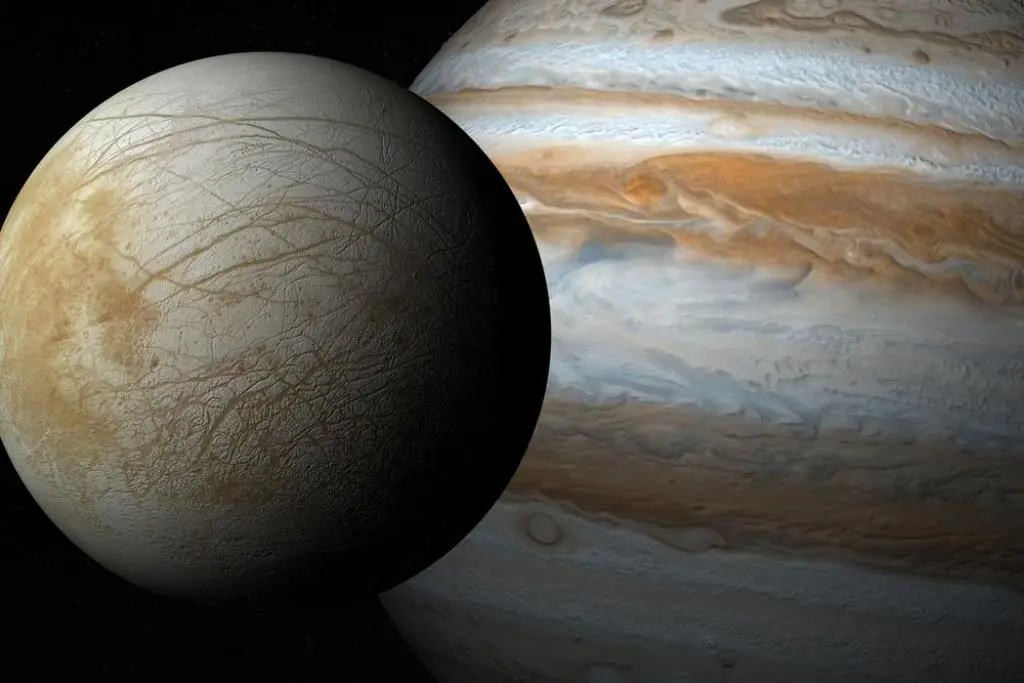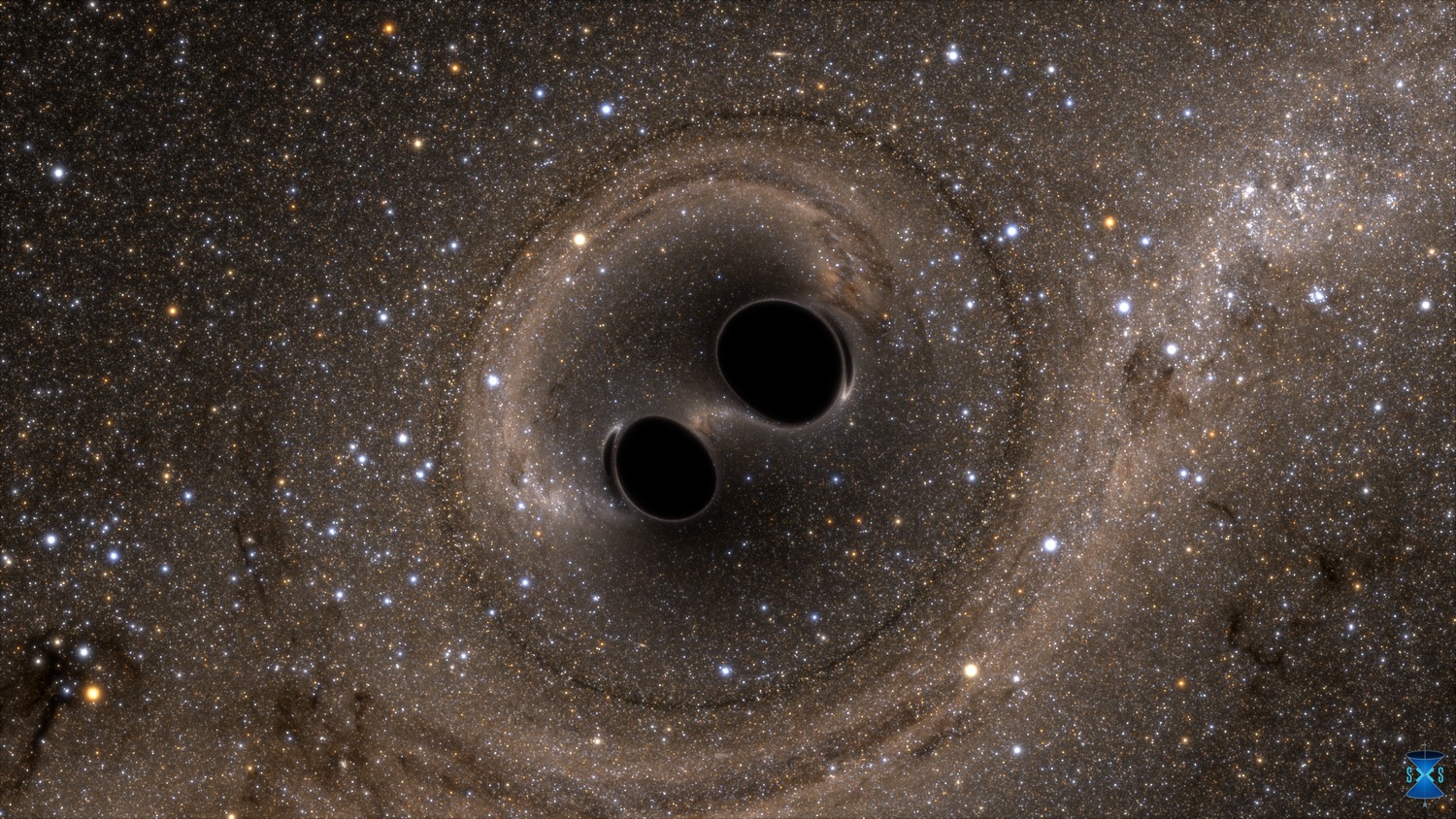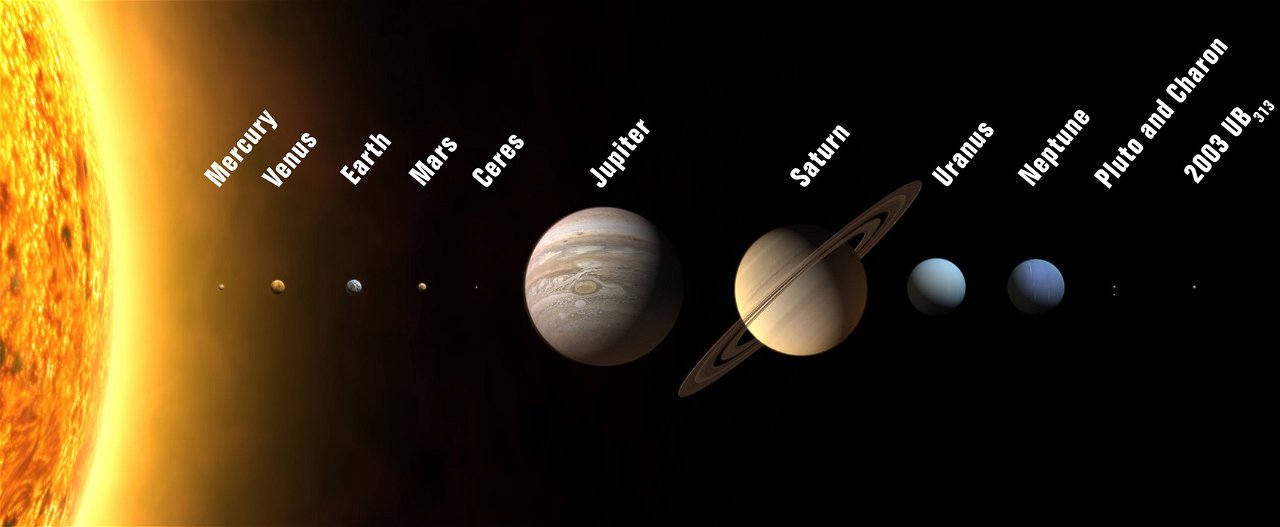Neptune is one of the least studied planets in our solar system. It is the eighth planet in our solar system and is about 2.8 billion miles from the sun. Because of its blue color, it was named after the Roman god of the seas. It has 14 moons, the most famous of which is Triton. The planet is four times wider than Earth and consists largely of thick liquid ice around a small, rocky core.
The distant planet has so far been visited by only one spacecraft, Voyager 2, and no spacecraft has orbited it long enough to study it closely. As a result, Neptune remains one of the most mysterious planets. NASA’s Voyager 2 spacecraft first spotted a dark spot on Neptune in 1989. However, a few years later, it mysteriously disappeared.
“Since the first discovery of the dark spot, I have always been interested in what these elusive, short-lived dark features might be.”
– said Patrick Irwin, a professor at the University of Oxford in England.
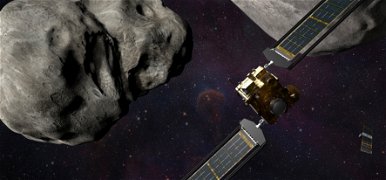
NASA implemented the legendary Hungarian writer’s brilliant idea
Read more…
Read more…
To investigate this unusual phenomenon, Irwin and his team used data from the European Southern Observatory’s very creatively named “Very Large Telescope” to observe this mysterious patch of Earth for the first time. This was not an easy task considering that the dark spots had disappeared in the past.
“I am so excited to be able to discover a dark spot on Earth for the first time.”
said Irwin.
From the data, the team was able to deduce that the dark spots are likely the result of dark air particles in the layer below the bright hazy veil at the surface of the atmosphere.
Thanks to advances in telescope technology, researchers are finally one step closer to unlocking the secrets of Neptune’s atmosphere. This discovery comes days after US researchers discovered a link between the volatile cloud cover of Neptune and the solar cycle.


















